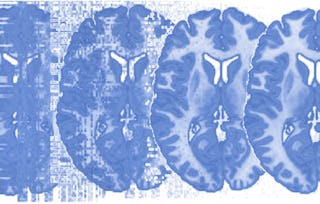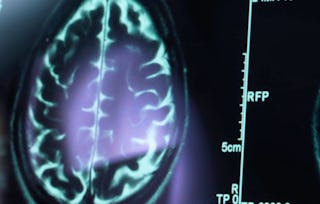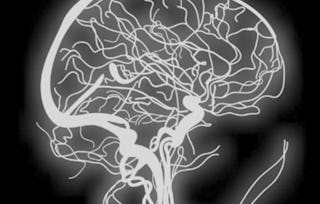Welcome! In this course learners will develop expertise in basic magnetic resonance imaging (MRI) physics and principles and gain knowledge of many different data acquisition strategies in MRI. In particular, learners will get to know what is magnetic resonance phenomenon, how magnetic resonance signals are generated, how an image can be formulated using MRI, how soft tissue contrast can change with imaging parameters. Also introduced will be MR imaging sequences of spin echo, gradient echo, fast spin echo, echo planar imaging, inversion recovery, etc.

MRI Fundamentals
Seize the savings! Get 40% off 3 months of Coursera Plus and full access to thousands of courses.

470 reviews
Details to know

Add to your LinkedIn profile
6 assignments
See how employees at top companies are mastering in-demand skills

There are 6 modules in this course
Instructor

Explore more from Research
 Status: Free Trial
Status: Free TrialJohns Hopkins University

Yale University
 Status: Free Trial
Status: Free TrialJohns Hopkins University
 Status: Free Trial
Status: Free TrialJohns Hopkins University
Why people choose Coursera for their career

Felipe M.

Jennifer J.

Larry W.

Chaitanya A.
Learner reviews
- 5 stars
67.23%
- 4 stars
22.55%
- 3 stars
6.38%
- 2 stars
2.34%
- 1 star
1.48%
Showing 3 of 470
Reviewed on Apr 21, 2020
It was highly informative and useful. It has strengthened my fundamentals of MRI. Great work by Prof. Park
Reviewed on Jun 12, 2020
Wonderful course. I enjoyed learning. Explanation and presentations were also good. Thank you professor.
Reviewed on Oct 16, 2020
provides good knowledge of MRI function. this is not a fundamental course this is a bit advanced. good knowledge of calculus is needed

Open new doors with Coursera Plus
Unlimited access to 10,000+ world-class courses, hands-on projects, and job-ready certificate programs - all included in your subscription
Advance your career with an online degree
Earn a degree from world-class universities - 100% online
Join over 3,400 global companies that choose Coursera for Business
Upskill your employees to excel in the digital economy

